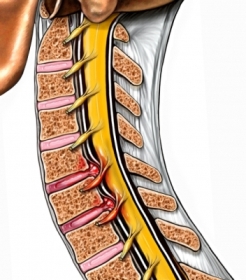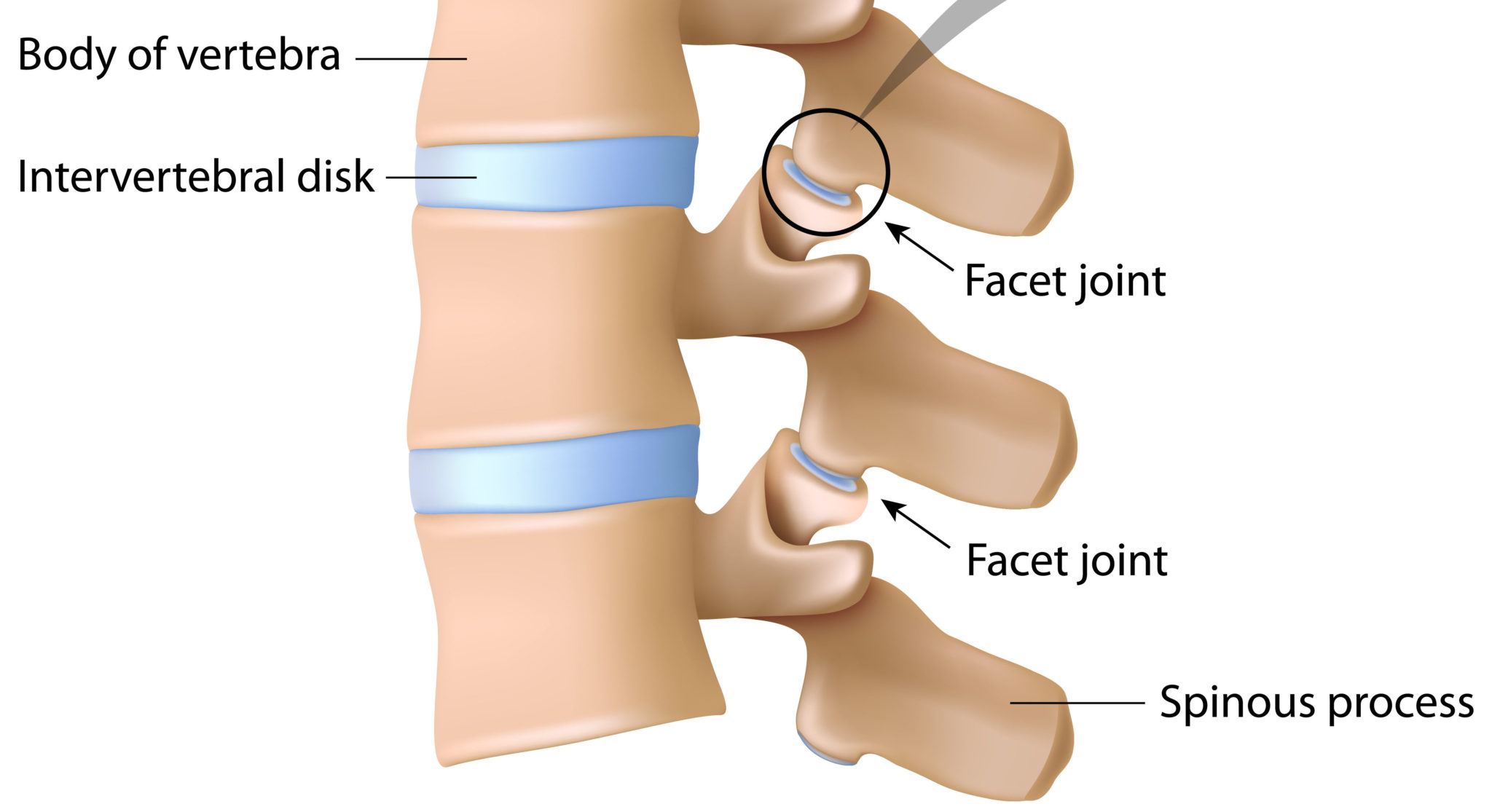
WHAT CAUSES ACUTE WRY NECK?
‘I went to bed feeling fine but woke up with a very sore and stiff neck that I can hardly move.’
Acute wry neck, also known as acute torticollis, is a common condition which causes pain, limits movement, and causes muscle spasms in the neck. The cause of common acute wry neck is often unknown. Many people report that they woke up with a sore and stiff neck, and only rarely can attribute their symptoms to previous activity.
Some causes of acute torticollis reported by our patients:
- Increase in general stress g. starting new job or going through breakup;
- Awkward sleeping postures or restless night’s sleep e.g. sleeping in a hotel on an unfamiliar and uncomfortable bed;
- Quick neck movements e.g. whiplash from a car accident or lifting a heavy bag awkwardly;
- Prolonged abnormal neck positions e.g. being promoted to managerial role with increased desk hours;
- New or unusual activity that increases the load on the neck structures e.g. trying axe throwing on the weekend.
The strain on the neck can cause irritation and/or inflammation to the neck joints, muscles or tendons produces. As a result, a protective spasm response that causes irregular neck posture and pain results.
However, the amount of pain is rarely indicative of the degree of tissue damage, if any at all. The excruciating pain is related to the overall sensitivity of the neck structures and facet joints in particular. Apophyseal, or facet joints, are small joints on either side of the vertebrae that connect vertebrae to each other. These joints have only small degree of movement between individual vertebrae but combined with the other vertebrae, allow large range of motion of the neck. There are many nerve endings in and around facet joints to control the neck movement and head position, therefore the facet joints can be easily sensitised causing irritation. The natural protective response of the body is to limit the movement in the affected joint by tensing and spasming muscles around it and lowering the local pain threshold to stop neck movement.
HOW LONG WILL ACUTE WRY NECK LAST?
Facet joint wry neck can be ‘unlocked’ quickly to allow more movement, but there will be lingering muscle spasm and pain which can last 4-10 days. There are usually no complications or long-term effects associated with wry neck. It can be a onetime injury, or it may occur from time-to-time.
If the symptoms persist longer than 2 weeks it is important to have the neck pain assessed to exclude other neck conditions.


HOW CAN PHYSIOTHERAPY HELP A SORE NECK?
Physiotherapy treatment can be very successful and can greatly shorten the duration of the symptoms of acute torticollis. Physiotherapists will use soft tissue and mobilisation techniques to ease muscle spasm and restore movement in the neck.
Physios will also create an individualised strength, flexibility, and muscle activation program to optimise function and prevent future occurrences.

